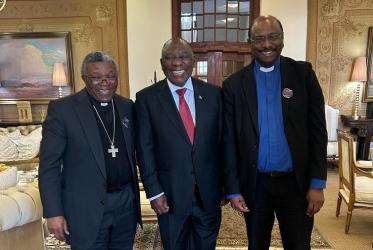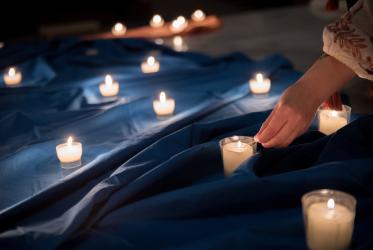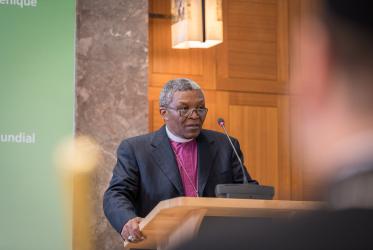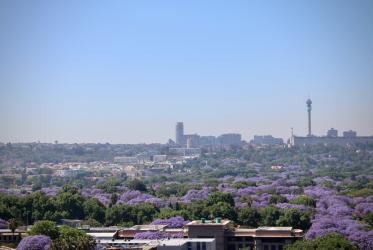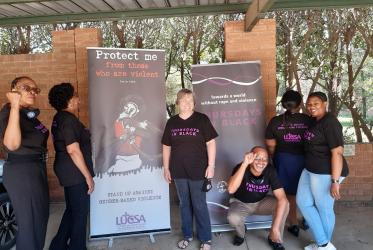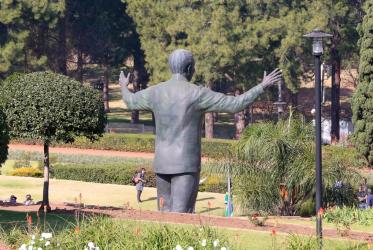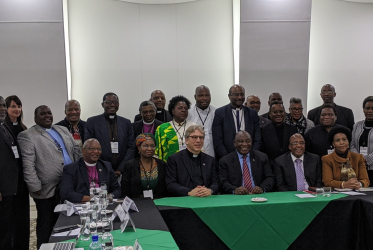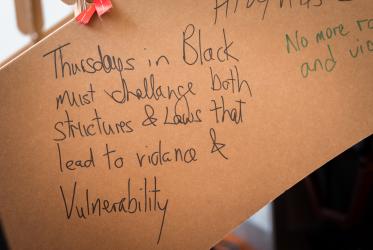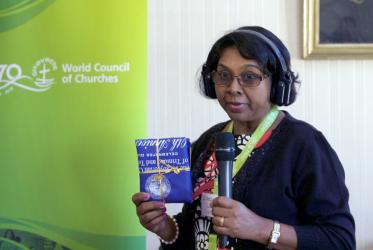Displaying 1 - 20 of 69
South Africans draw hope despite recurring challenges
16 December 2019
WCC delegation meets with South African President Ramaphosa
09 December 2019
Churches in southern Africa stand against violence, xenophobia
10 October 2019
When you strike the women, you strike a rock
18 September 2019
Workshop in Jamaica focuses on human rights
16 May 2019
Thursdays in Black: sharing support, transforming lives
21 February 2019
Trinidad and Tobago church challenges plastic pollution
09 October 2018
